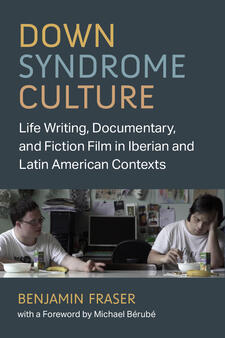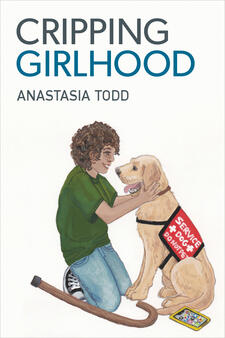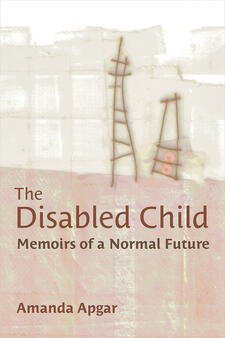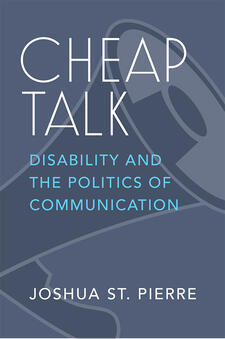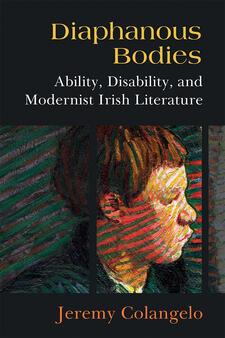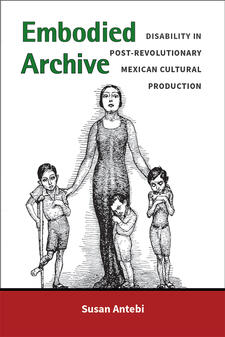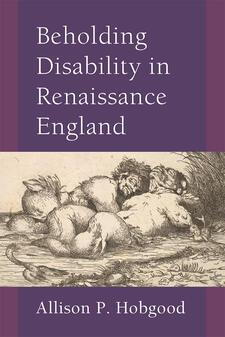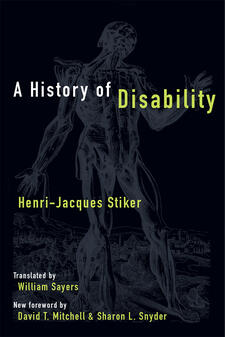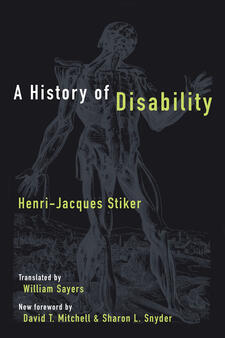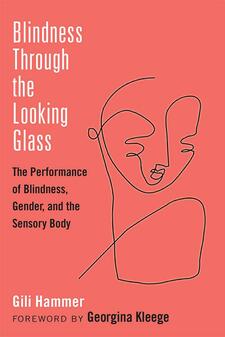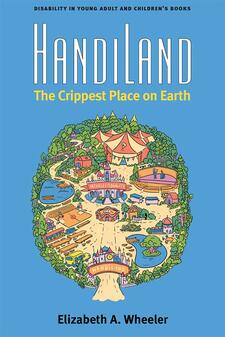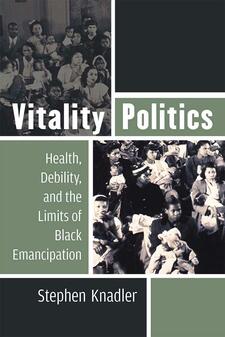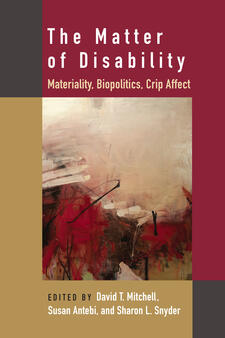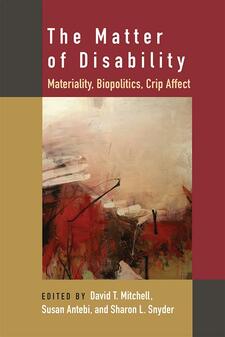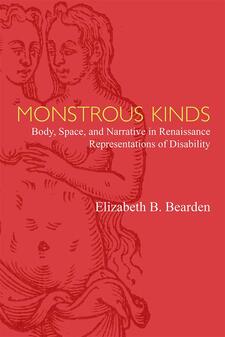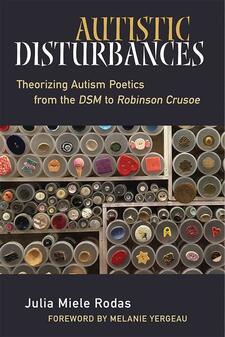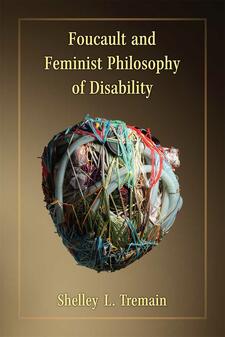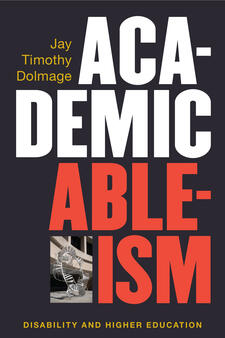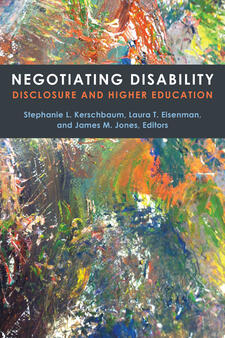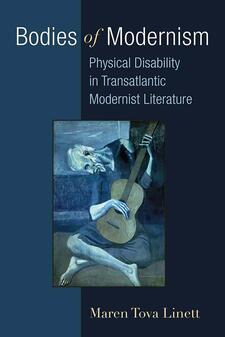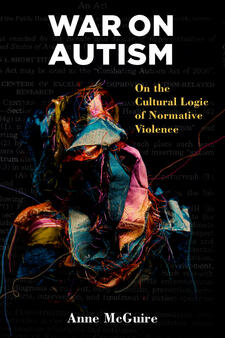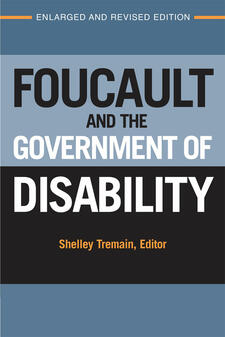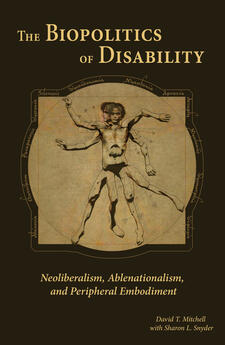Corporealities: Discourses of Disability promotes a broad range of scholarly work analyzing the cultural and representational meanings of disability. Definitions of disability underpin fundamental concepts such as normalcy, health, bodily integrity, individuality, citizenship, and morality—all terms that define the essence of what it means to be human. Yet, disabilities have been traditionally treated as conditions in need of medical intervention and correction. Rarely has disability been approached as a constructed category forwarded by social institutions seeking to legislate the slippery line that exists between normative biologies and deviant bodies. In addition to identifying the social phantasms that have been projected upon disabled subjects in history, the series aims to theorize the shifting coordinates of disabled identities.
Although cultural discourses have long relied on images of disability, professional vocabularies and methodologies have historically avoided analyses that attend to the meanings ascribed to disabled populations. Corporealities participates in ongoing scholarly efforts to conceive of a more humane constellation of narratives about physical and cognitive difference.
The series seeks work that will expand the interpretive options for theorizing disability in the humanities. We encourage submissions on any aspect of the social construction of disability: textual representations of people with disabilities in history; the relationship between narrative forms and bodily differences; disciplinary dependencies upon disabled people and definitions of aberrancy; linguistic studies of disability terminology; disability studies and methodologies; aesthetics and bodily variation; genre studies and disability "types"; theorizations of technology and disability; historical modes of institutionalization, segregation, and assimilation; the disruptive presence of disability in discourse; biological norms and the designation of deviance; bodily difference and theories of materiality; disability subjectivity and essentialism; disability and performance; disability in literature and medicine; the relationship of disability to philosophical systems of thought; "final" solutions and "cure" narratives.
Series Editors
David T. Mitchell
Sharon L. Snyder
Editorial Board
Lennard Davis
Rosemarie Garland-Thomson
Sander Gilman
Fiona Kumari Campbell
Susan Stryker
Tanya Titchkosky
Karen Nakamura
Susan Antebi
Encarnación Juárez-Almendros

